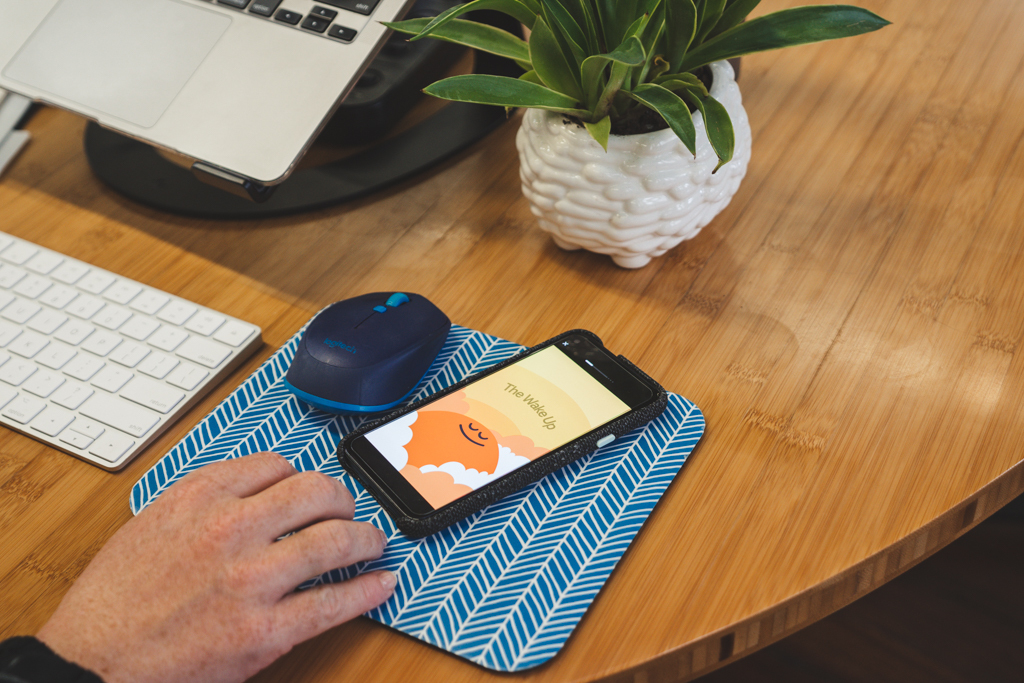Life as a student can be exciting but also challenging. From adjusting to new environments and managing academic pressures to financial worries and navigating relationships, it’s no surprise that mental health concerns arise.
For international students, additional challenges such as homesickness, language barriers and cultural adjustments can amplify feelings of stress. The good news? Australia offers a wide range of free mental health support services tailored to students, ensuring that no one faces these challenges alone.
Why students might feel stressed
Students juggle a lot. You might be:
- Worried about academics: Deadlines, exams or falling behind in coursework can weigh heavily on your mind.
- Experiencing financial strain: Balancing the costs of living, tuition and part-time work might leave you feeling stretched.
- Facing cultural or social isolation: Especially for international students, being far from home and family can feel lonely.
- Dealing with personal issues: From relationship problems to family conflicts, life outside of studies can impact your mental health.
No matter the cause, acknowledging how you feel is the first step toward finding support.
Free services and programs
Many Australian education institutions have dedicated student support services offering free or low-cost mental health resources. Here are some common options:
- Counselling services: Your institution may have on-campus counsellors available for free. These professionals provide confidential support for stress, anxiety, depression and more.
- Workshops and programs: Australian institutions often host workshops on mindfulness, stress management and resilience-building. These are excellent opportunities to learn practical skills while connecting with peers.
- Student unions and advocacy groups: Some organisations provide additional resources, such as free mental health, first aid or referrals to external support.
Community and peer support
Outside of your education provider, the broader community also offers many free mental health resources:
- headspace: Specifically for young people aged 12-25, headspace services provide free counselling, group chats and tailored resources.
- Beyond Blue: This national organisation offers free, 24/7 support for anxiety, depression and related issues. They also have forums where you can connect with others.
- Lifeline: Lifeline offers crisis support via a 24/7 helpline at 13 11 14. You don’t need to be in an emergency to call – it’s there for anyone needing immediate mental health support.
- Multicultural health services: Many community organisations cater to culturally and linguistically diverse groups –
- Peer support groups: Online platforms like Reach Out host peer-led groups where you can share experiences with people who understand what you’re going through.
Practical tips for accessing support
- Start with your institution: Visit your student services office or check your institution’s website to see what’s available. Many services are discreet and flexible, accommodating busy student schedules.
- Use online resources: Platforms like Beyond Blue or headspace allow you to chat with counsellors or access self-help tools anytime. These are great resources to use while you’re waiting for an appointment with a university counsellor.
- Ask for referrals: If your university doesn’t meet your needs, they can often recommend free or low-cost services.
- Don’t wait until it feels bad enough: You don’t need to be in a crisis to seek help. Early support can prevent stress from becoming overwhelming!
Emergency situations
Sometimes, mental health challenges can escalate to an urgent situation. If you or someone you know is in immediate danger, act right away:
- Call 000 for emergency assistance.
- Reach out to Lifeline (13 11 14) for immediate support.
- If you’re concerned about your safety or someone else’s, contact the Suicide Call Back Service (1300 659 467).
Remember, you’re not alone
Seeking help is a sign of strength, not weakness. There’s no shame in reaching out – in fact, doing so might inspire others to do the same. Whether you need a listening ear or professional advice, support is always within reach.





